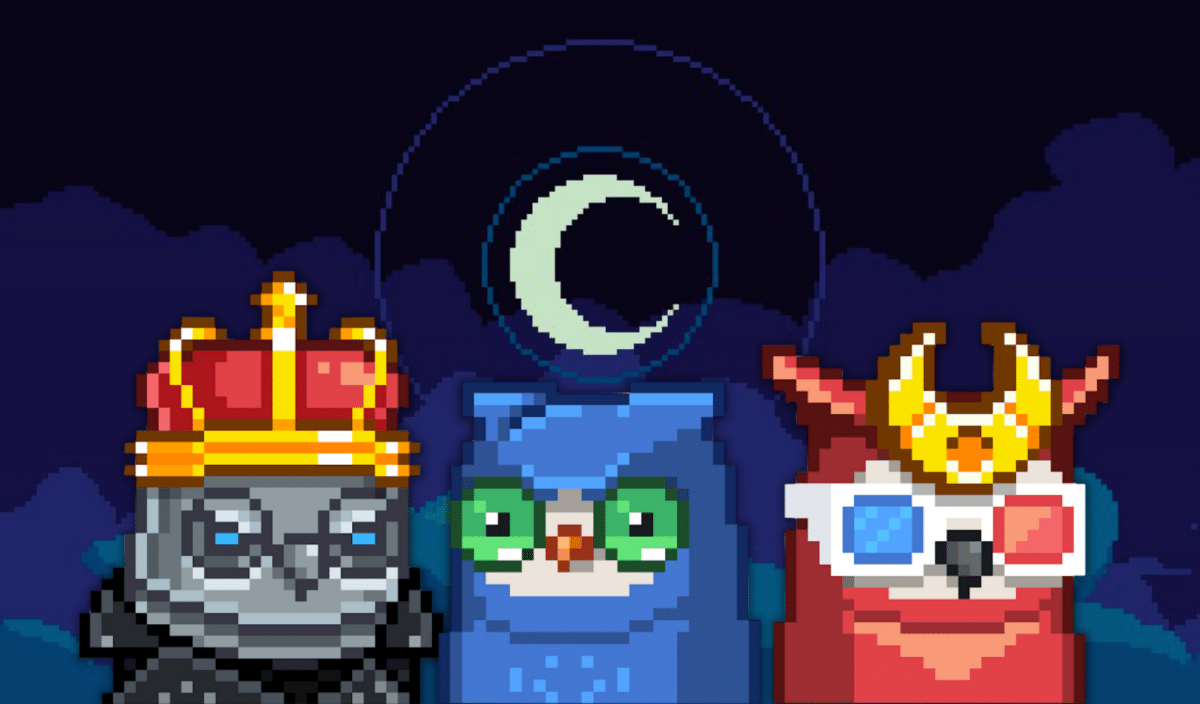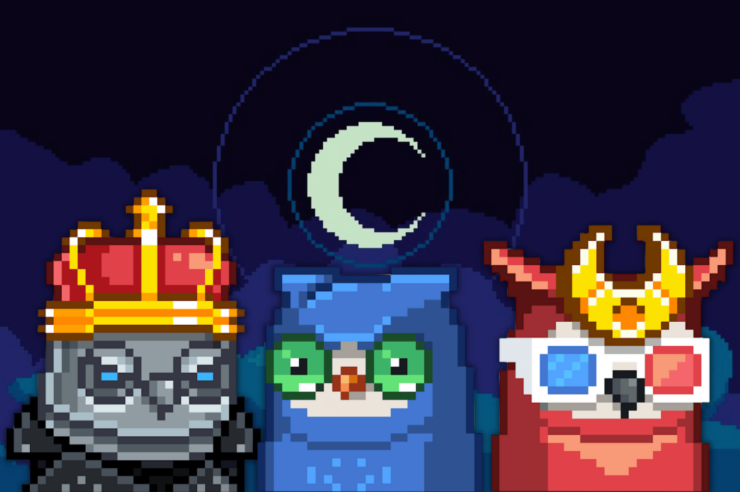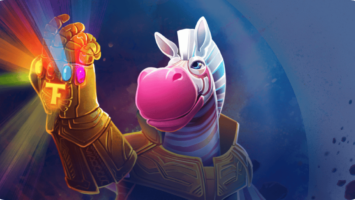The popular NFT collection, Moonbirds, has rescinded its NFT commercial rights related to Cc0 (creative commons). This alteration is forcing people to consider: is this legal? The short answer is, apparently yes, however people are looking at it as unethical.

The Move for Moonbirds: CC0
Previously, Moonbirds owners had full commercial art rights for the Moonbird that they owned, meaning they could create art, merchandise, etc. around it (only the one they own) for commercial purposes, in a form of remixing. Now, after a Twitter thread from the project founder, Kevin Rose, this is not the case, and everyone is now able to create what the holders only used to be able to create. It’s safe to say that it’s getting some backlash from current holders, but excitement from non-holders.
Apparently, this is legal. However, the holders are looking at Moonbirds moving to the CC0 public license as unethical. This change means that something that the original owners were promised, is now not possible.
Rose defended the company’s move (which was a decision made by him, co-founder Justin Mezzell, and president Josh Cook. He said: “CC0 empowers *anyone* with the ability to creatively remix work for commercial purposes. It is a promise by the creator of a work that the work itself can become a credibly neutral platform – without restraint or the fear of restriction or creative limitations.”
He continued, “To that end, @JustinMezzell (my co-founder), @joshcook (our president), and I have decided to set Moonbirds and Oddities free and embrace the CC0 movement that allows any and all modifications to what we’ve built.”
The rules, regulations and details around CC0, especially in the case with Moonbirds, can be complicated. You can see Kevin Rose’s full statement via a Twitter thread here, where he provides his side of the story.
Rose also introduced a DAO to the Moonbirds brand. “The DAO will oversee licensing of Moonbirds and Oddities names with the primary goals of encouraging general commercialization while preventing scams, hate speech, and violence”, per his Tweet.
What is CC0
By definition according to creativecommons.org, “CC0 enables scientists, educators, artists and other creators and owners of copyright- or database-protected content to waive those interests in their works and thereby place them as completely as possible in the public domain, so that others may freely build upon, enhance and reuse the works for any purposes without restriction under copyright or database law.”
The concept is also known as “no rights reserved”.
The Response
Moonbirds holders aren’t particularly happy over this change. They have been told they’ll get something, and five months after launch, it has been taken away from them. One holder, @KingBlackBored said: “Is this even legal to do post sale? Cuz this surely isn’t ethical I feel bait n switched hard rn”. Another user, @TheOneNFT, disagrees with the move from the collection: “(CC0) is nice and wife material etc, but it has no place in PFP collections that want to add real value to holders. Bad move by Moonbirds that will p*ss off a lot of holders.”
Now, some holders feel that there’s no way they can sell their Moonbird for a profit due to the lesser value. This is because now anyone now has commercial rights.
On the other hand, non-holders are excited by the movements. @MarkMograph, who has previously created Moonbirds related-art said: “Love to see you supporting the creators who love Moonbirds art”. This was in response to Kevin Rose’s Tweet. Crypto and NFT influencer, Zeneca, is a supporter of the concept, saying: “#cc0summer continues in style”.
Overall, this will remain a debate between people for a long time to come. However, Kevin Rose and the team have confirmed that the Moonbirds CC0 decision is final. Rose stated: “We can’t change our minds. We’re rooting for you and can’t wait to help promote and support all your creative endeavors.”
All investment/financial opinions expressed by NFTevening.com are not recommendations.
This article is educational material.
As always, make your own research prior to making any kind of investment.






















Comments (No)